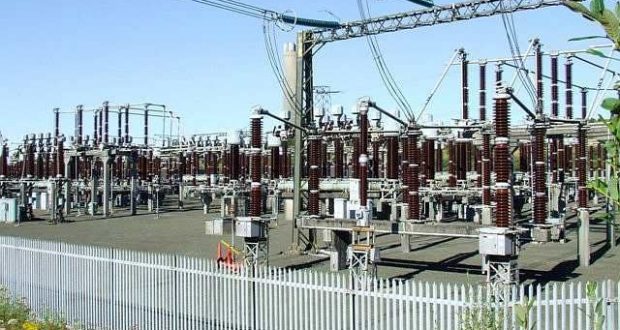Resolving the power supply problem – The Sun
The Federal Government recently expressed its intention to open the nation’s electricity market to new investors. The plan, according to the Vice President, Prof. Yemi Osinbajo, would affect generation, transmission and distribution of electricity. There is no doubt that the intervention has become inevitable because the present structure of the market has failed to ensure stable power supply. We also agree with the government that a change of strategy must be pursued to successfully resolve the current power supply challenges.
Despite the availability of about 7,000MW of transmission capacity, the current total power distribution by the Distribution Companies (Dicos) is below 4,000MW on the average. The Discos have cited lack of infrastructure to absorb and deliver grid power to end users as the cause of the problem. But this argument is not convincing. That is why government is considering other options to rescue the beleaguered electricity sector. One of the options government is considering is the repossession of eleven electricity distribution firms that have been declared “technically insolvent.”
The Ministry of Power, Works and Housing recently revealed that the Discos accumulated huge debts to the Nigeria Bulk Electricity Trading Plc. The move to repossess the Discos will cost the government a total of N736bn. The plan is coming ahead of the scheduled final performance review of the operators in December 2019.
We welcome the government’s initiative and support any plan that will fix the power sector so that Nigerians will experience stable power supply. Therefore, if repossessing the privatised distribution companies from the core investors will resolve the power problem, it is worth giving a trial. However, such a decision must be taken in line with the share sale agreement which requires that government should pay the owners a specified sum of money.
It is apparent that the Discos are incapable of distributing available power to consumers. Regrettably, 17 of the 27 power stations across the country have shut down some of their units due to low demand by the Discos, thereby worsening the problem.
We believe that six years is long enough for the operators to enhance their performance. The inability of the Discos to improve customer service and meet operational costs could be regarded as a direct consequence of their inability to raise capital.
While the new plan to fix the power sector is commendable, we enjoin the government to retain any of the discos that has done well while those that have failed to perform should be dropped. Nevertheless, government should avoid past mistakes that hampered the development of the power sector. The importance of the sector to the economy cannot be overemphasised. Fixing the power sector will enhance industrial development and enable the formal and informal sectors contribute immensely to the Gross Domestic Product (GDP). It is sad that many firms have shut down, while some have relocated to neighbouring West African countries due to unstable power supply.
Over the last four years, the government had saved the Discos from insolvency through bailouts and other incentives, believing that by now they should be able to stand firmly on their feet. But such measures did not work. This is why the Senate and other stakeholders are calling for either the sale of at least 40 per cent stake in the Discos to foreign investors with technical expertise or outright repossession of the Discos. This can explain why the recent Federal Government/Siemens power sector deal can be seen as a welcome development.
Since the bailouts to the Discos did not work, government should commercialise its 40 per cent stake or allow private managers to manage it on its behalf.




